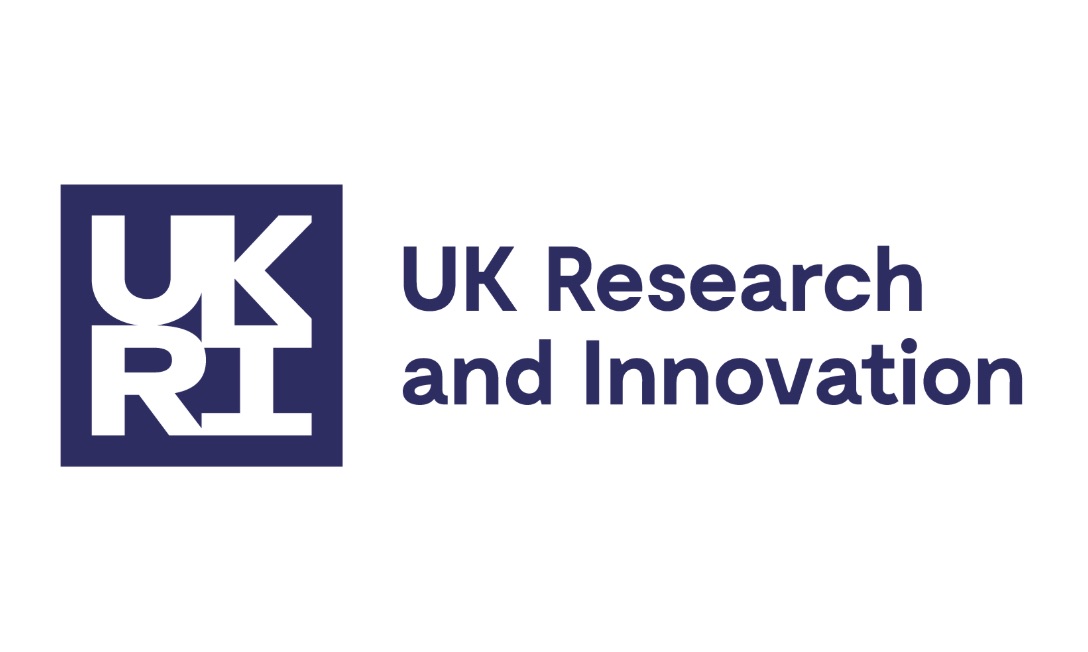A new research centre aimed at helping the UK become the first country to fully recycle and reuse its metals is to be led by Brunel University London.
The £4.5m centre will be dedicated to exploring how the reuse of metals can benefit the environment and the British economy, and will aim to develop an understanding of how the country can best shift towards a carbon-neutral, circular economy by 2050.
The Centre for Circular Metals is one of five such centres being launched by UK Research and Innovation's (UKRI) Interdisciplinary Circular Economy programme, with the others focusing on other high polluting industries such as textiles, chemicals and construction materials.
Moving to a circular economy would provide significant benefits to the UK, helping the country reduce its environmental footprint whilst creating new opportunities for its industries.
Currently, the extraction of just seven major metals account for 15 per cent of total global energy demand and 12 per cent of global emissions, making it a key target in the fight against climate change.
While the UK imports almost all metals, the centre will look at how metals can be recycled for use in sectors such as aerospace, automotive and electronics, which could contribute more than £100 billion to the UK economy over the next decade
“We are very pleased to lead the exciting Circular Metals research programme as part of the UK's efforts to accelerate the transition to a circular economy,” said Professor Zhongyun Fan, Director of the Brunel Centre for Advanced Solidification Technology (BCAST).
“Together with the UK circular economy community we endeavour to make the UK the first country to realise full metal circulation by 2050.”
Professor Dame Lynn Gladden, executive chair of the Engineering and Physical Sciences Research Council (EPSRC), said: “The move to a circular economy, where we use less resources and reuse more materials, is a crucial element of the UK’s green industrial revolution and our commitment to achieve a net zero economy by 2050.
“By bringing together a wide range of academic disciplines with industry partners the centres will catalyse innovative new technologies and approaches that will boost the UK economy and benefit the environment.”

Reported by:
Press Office,
Media Relations
+44 (0)1895 268965
press-office@brunel.ac.uk